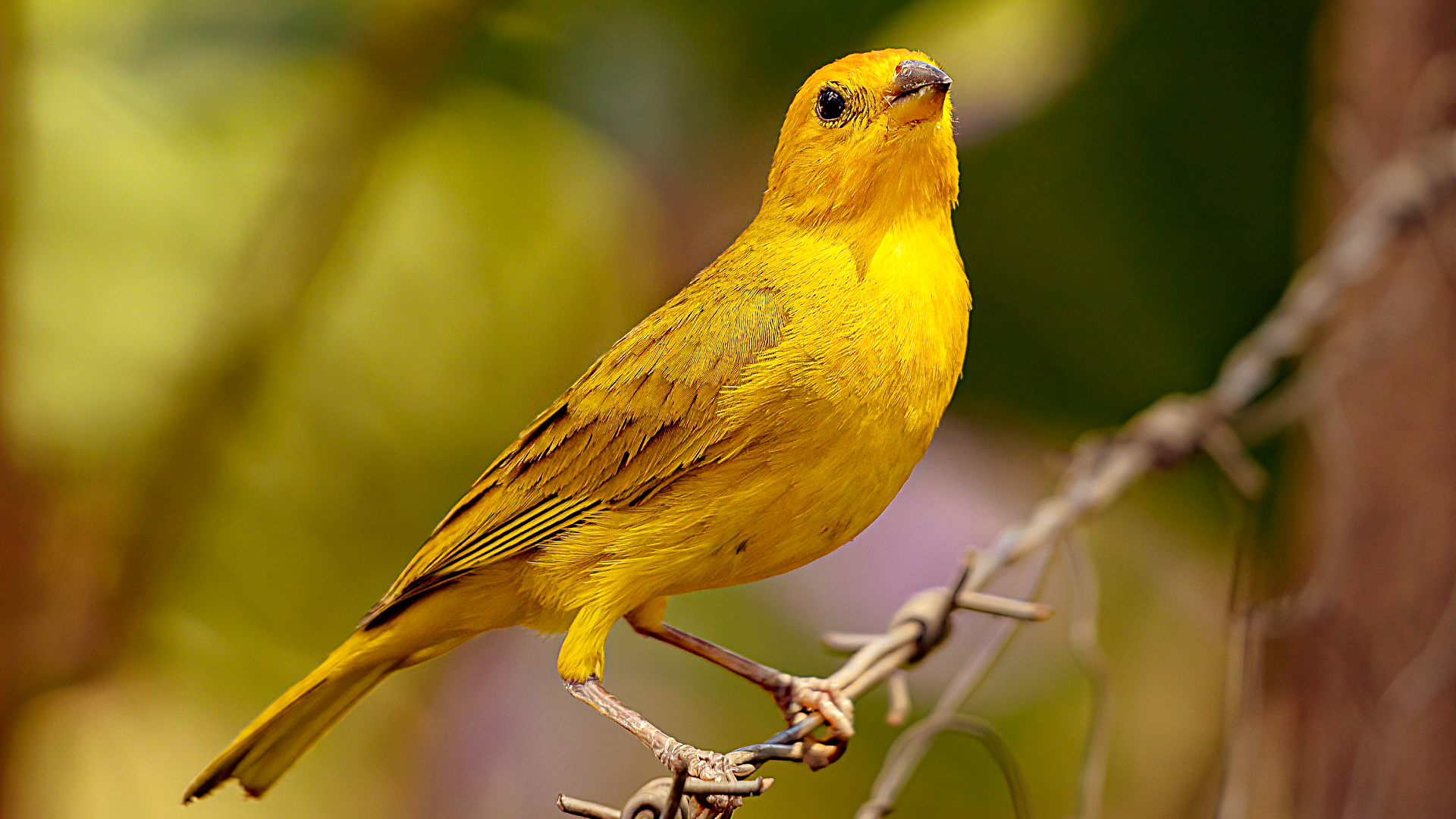Caring for your Canary
Canary
(Serinus canaria domestica)
Basic Information:
Canaries are small, melodious songbirds originally bred from wild finches native to the Canary Islands, Madeira, and the Azores. Known for their bright yellow plumage (though many color varieties exist) and beautiful singing voices, male canaries are particularly prized for their musical calls. They are generally independent birds that prefer to be admired rather than handled and thrive in a calm, enriching environment. Adult canaries measure about 4–5 inches in length and are excellent pets for those who enjoy a companion that fills the home with cheerful song.
Lifespan:
10-15 years in captivity with proper care.
Sexing:
Males are usually the singers and may display brighter coloration. Females are quieter and may only chirp softly. DNA testing is the most accurate way to confirm sex, especially in young birds.
Enclosure:
Minimum Size: 18” L x 24” W x 18” H
Horizontal space is essential for flight and exercise. Include multiple perches of different diameters and textures, swings, and hanging toys to stimulate natural behaviors.
Rotate toys and rearrange perches frequently to prevent boredom and encourage exploration.
Bedding/ Liners:
Line the cage bottom with newspaper or paper towels and change daily. Clean perches, bowls, and cage surfaces weekly to prevent bacteria buildup.
Lighting & Temperature:
Maintain a 12-hour light/dark cycle using natural daylight or a full-spectrum avian UVB light. UVB exposure supports healthy bones, vibrant feathers, and normal behavior.
Keep the enclosure between 65–80°F, away from drafts and air vents.
Humidity:
Moderate household humidity (40–60%) is ideal. Provide shallow dishes for bathing or mist the bird gently several times per week.
Food:
FOffer a high-quality canary seed mix or pellets as the dietary base. Provide daily servings of dark leafy greens and small portions of fresh vegetables or fruits. A cuttlebone or mineral block should always be available for added calcium and beak conditioning. Fresh, clean water must be available at all times.
Avoid avocado, chocolate, caffeine, onions, and alcohol, as they are toxic to birds.
Socialization:
Canaries are more independent than parrots and generally prefer not to be handled. Instead, they bond with their keepers through daily interaction such as gentle talking, soft music, and time spent near the cage. Provide toys, swings, and space to fly inside the cage to prevent boredom. Males often sing more when they feel secure and enriched.
Canaries make wonderful companions for those who appreciate beauty and song over direct interaction. With proper care, a well-fed, well-enriched canary will reward you with vibrant color, lively personality, and cheerful music for many years.


